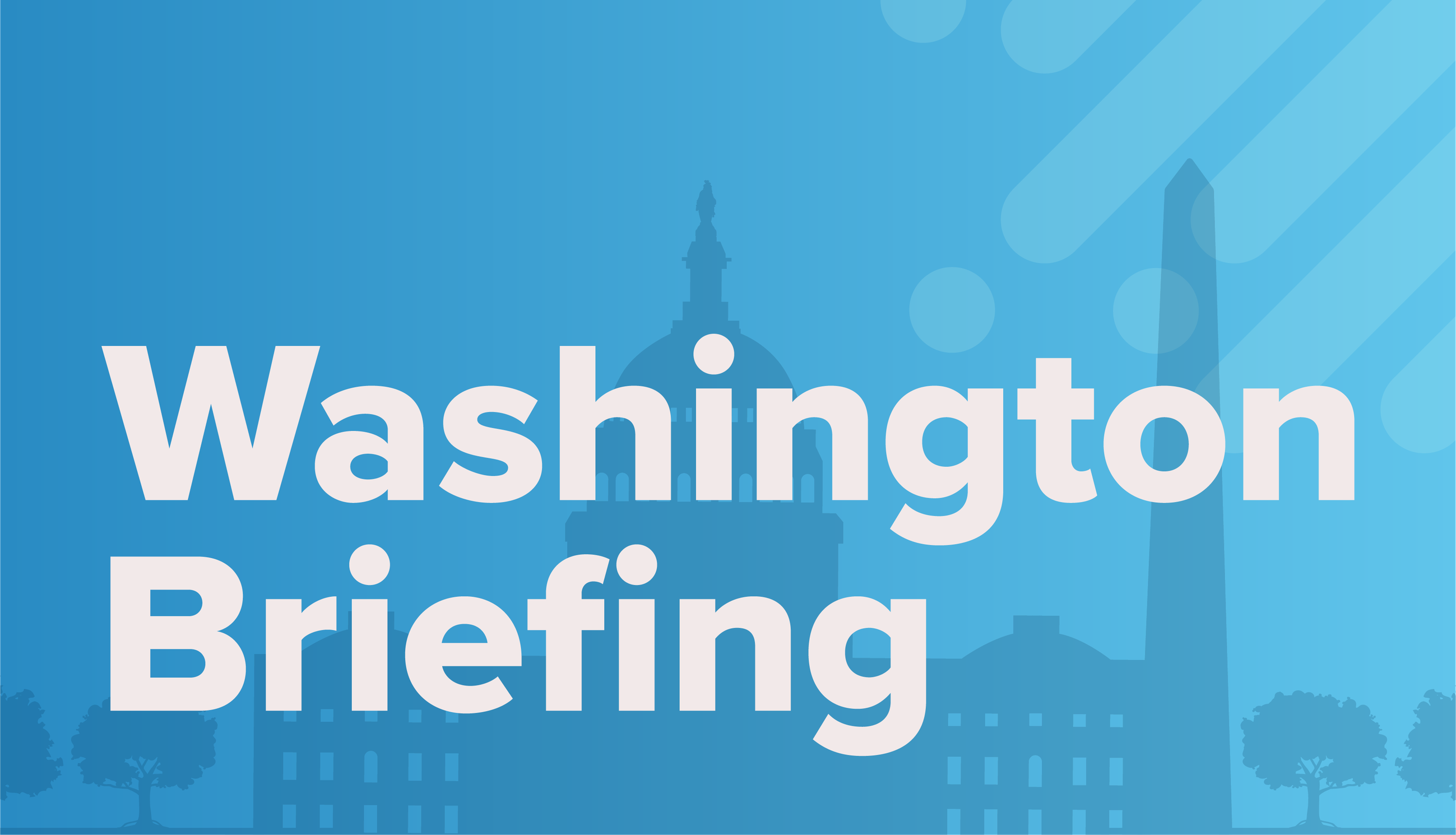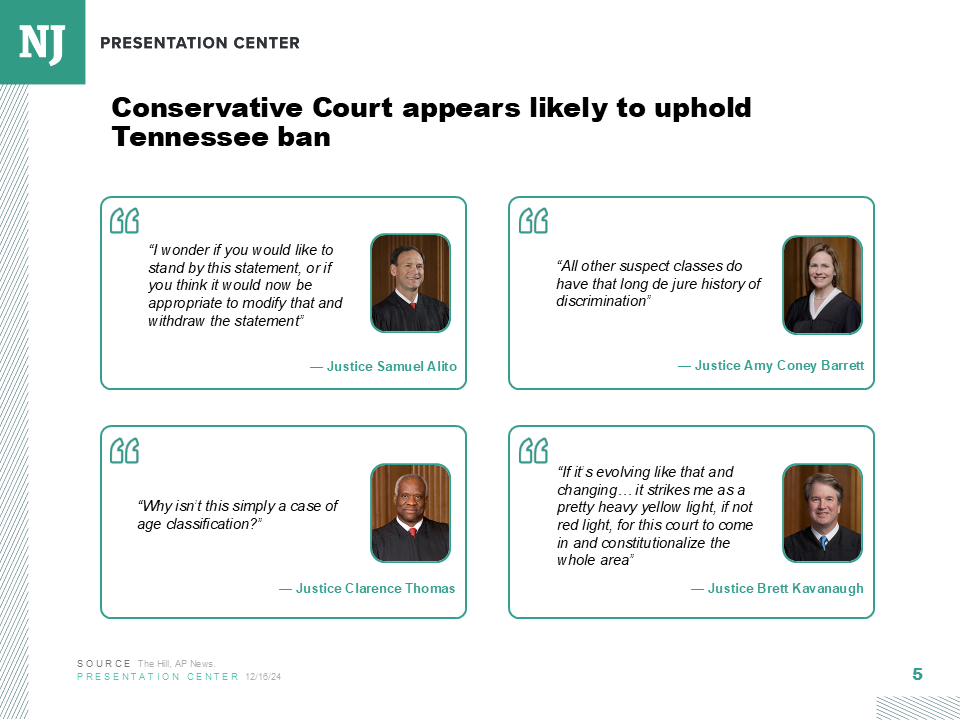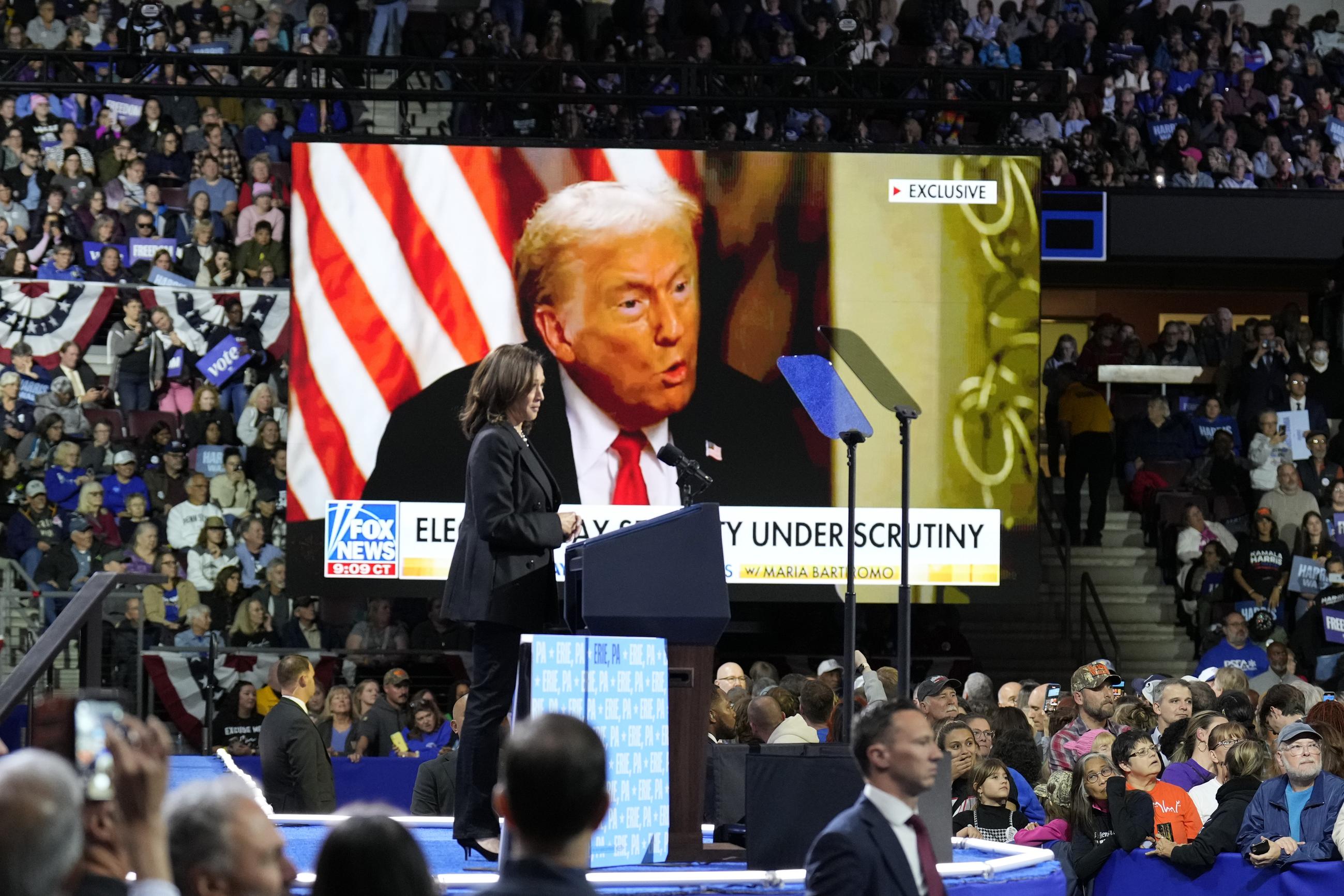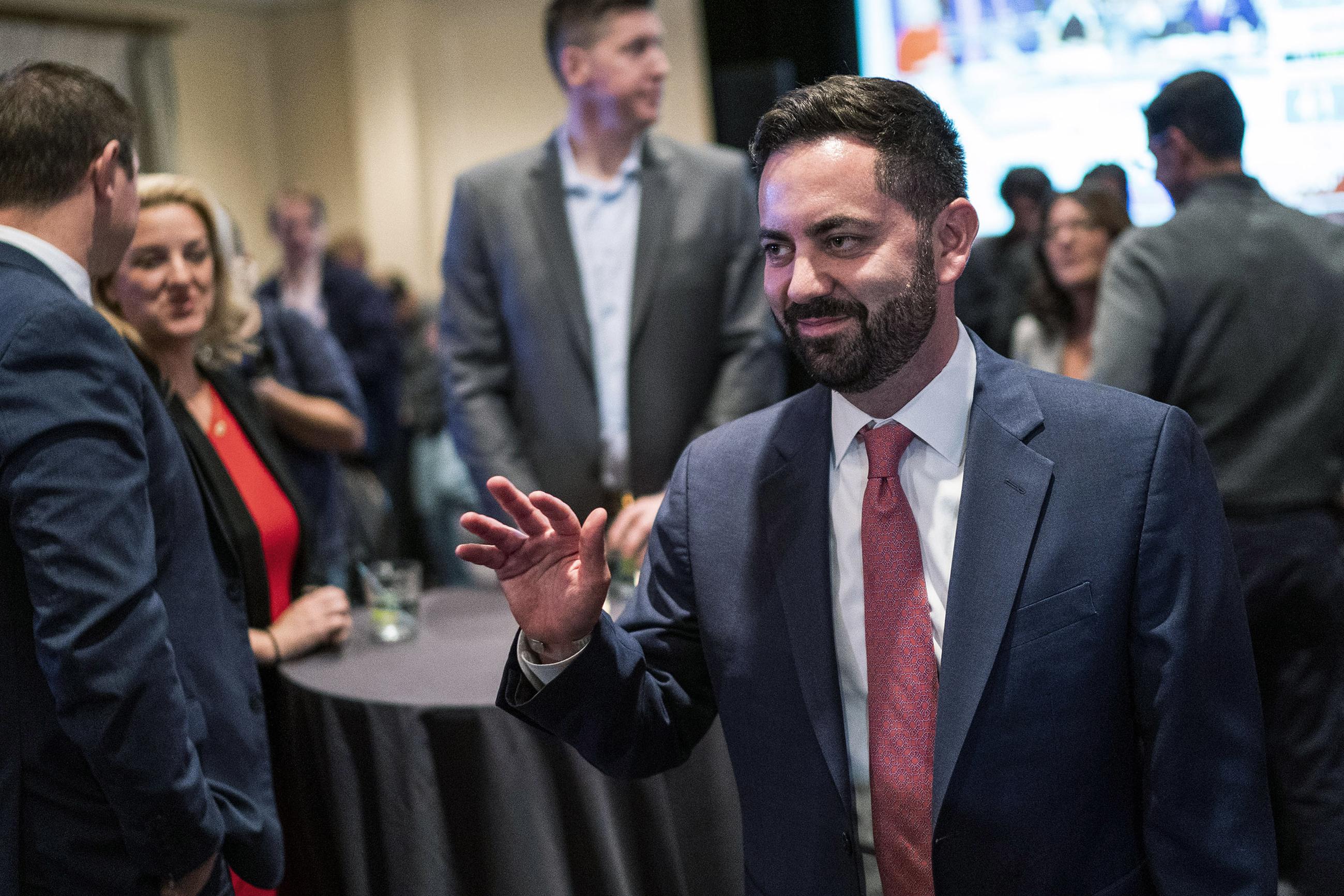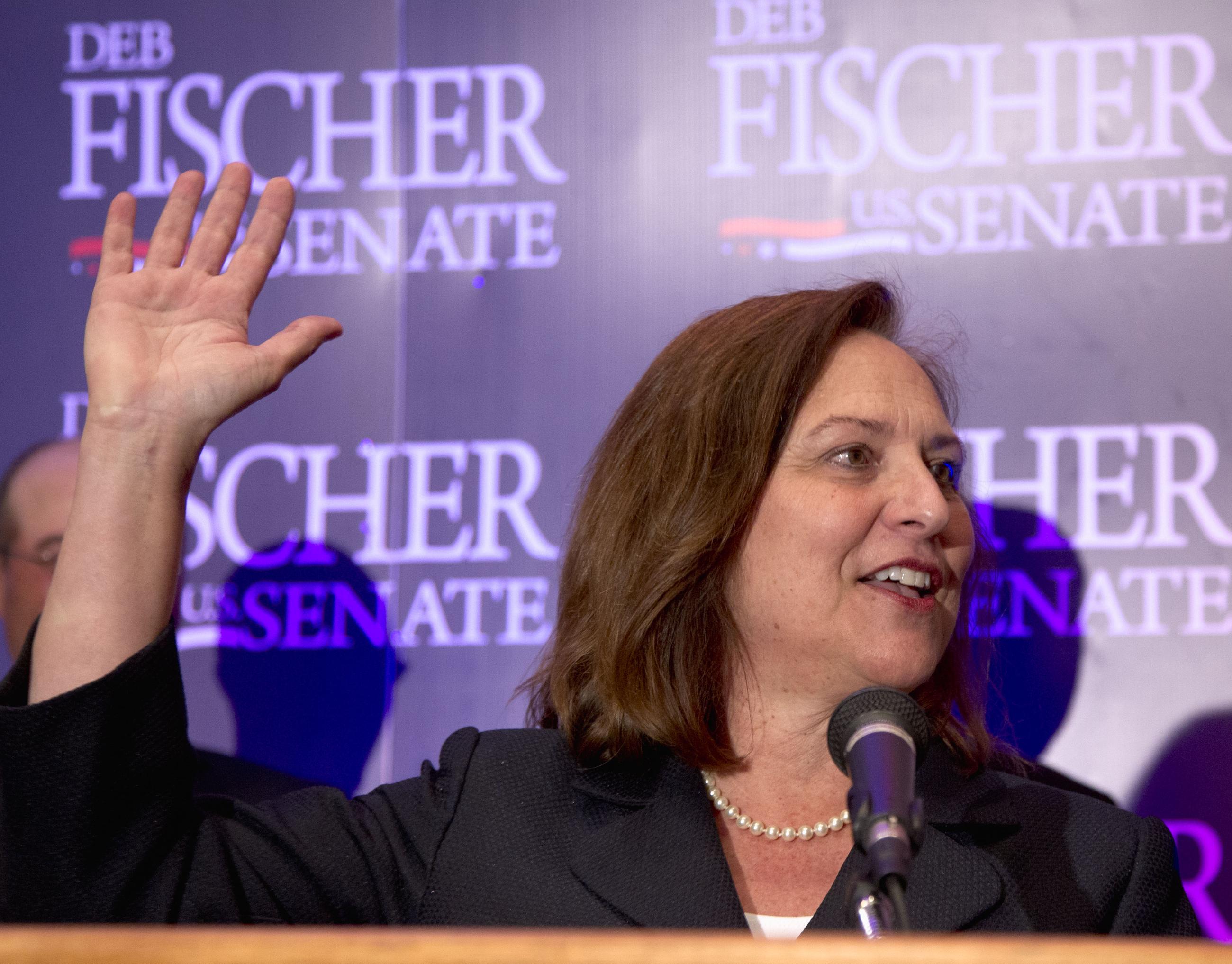The next tariff that could get a starring role in Trump’s trade wars: a levy on movies made outside the United States.
Last week, President Trump again threatened a 100 percent tariff on foreign-made films, saying the U.S. movie business in cities such as Los Angeles was suffering from films being shot offshore.
“Our movie making business has been stolen from the United States of America, by other Countries, just like stealing ‘candy from a baby,’” Trump posted on Truth Social. He added a dig at California Gov. Gavin Newsom, saying he was “weak” and “incompetent.”
Trump didn’t give any indication of when the tariffs would come into force, how they would be calculated, or what legal authorities he would cite to enact them. His post also didn’t clarify whether he planned to tariff movies shot outside the U.S. or foreign films imported into the United States.
It’s not the first time Trump has signaled tariffs on moviemakers who offshore production. In May, the president said he would sit down with Hollywood executives about the issue. Trump’s social media missives have left many in the industry wondering what the tariffs would look like, and if they would even be legal.
“As soon as someone tries to get out a pencil and paper and write down how this works, it just doesn’t,” said Schuyler Moore, a partner at Los Angeles-based Greenberg Glusker practicing entertainment, corporate, and tax law.
For years, filmmakers have been lured away from southern California by tax incentives and lower production costs in other countries. Recently, Wicked was shot largely in London, while Gladiator II was partly shot in Malta and Morocco.
Groups representing U.S. film crews, such as the International Alliance of Theatrical Stage Employees, or IATSE, argue that moving film production overseas harms domestic jobs.
In a statement, IATSE didn’t explicitly endorse Trump’s proposal but said policymakers should “level the playing field” and make U.S. film and television production more competitive.
“The United States needs a balanced federal response to return film and television jobs,” IATSE President Matthew Loeb said in the statement. “IATSE recommended that the Trump administration implement a federal film production tax incentive and other domestic tax provisions to level the playing field for American workers.”
Trump’s post about tariffs in May came after a meeting with actor and "special ambassador” to Hollywood Jon Voight, in which the star of Midnight Cowboy and Deliverance pitched a multi-part plan to revitalize domestic movie production involving tax incentives and subsidies, the Hollywood Reporter wrote at the time. Tariffs were a small portion of that plan, according to the report.
Moore pointed to a handful of questions that arose when he first heard of the tariff proposal.
Films are now delivered digitally, Moore said, so the proposal raises questions as to whether it would run afoul of a 27-year-old World Trade Organization moratorium on tariffs for digital transmissions.
Tariffs are designed to be collected on physical goods crossing a border. There is currently no mechanism to tax digital goods, so Congress might need to pass legislation establishing the tariff.
Moreover, a tariff on movies could be seen as a reversal of the Trump administration position on digital-goods taxes. The Trump administration has criticized other countries that have implemented digital-services taxes on U.S. tech giants and threatened retaliatory tariffs on them.
The legal underpinnings of any move involving tariffs are unclear as well. Trump has used national-security statutes to implement tariffs on vast swaths of goods since he returned to office, but many are still working their way through the courts. Moore said levying a movie tariff on the basis of national security is “rather a stretch.”
Trump has pointed to the International Emergency Economic Powers Act as granting him authority to levy tariffs, but language in the statute could make it difficult to tariff foreign-made movies. In 1988, Congress added the “Berman Amendment” to the IEEPA, which limits the president’s authority to regulate or limit the importation of publications, films, or other media using the statute.
In 1994, Congress expanded the amendment to cover all “informational materials,” regardless of medium. It’s unclear, though, whether the amendment applies to tariffs. The purpose of the amendment was to protect the free flow of First Amendment-protected speech, not to regulate the placement of tariffs on these items.
S. Mark Young, a professor of accounting at the USC Marshall School of Business, called implementing the proposed tariff a “Herculean effort, if not untenable.”
“Several types of schemes have been suggested, including increasing ticket prices for foreign-produced films,” Young said. “However, since consumers already complain about high ticket prices, a likely effect would be a boycott by domestic theater-goers.”
Retaliatory tariffs are another concern, Young said, as U.S. studios make about two-thirds of their revenue overseas.
“If countries such as China, Japan, and the U.K. decide to retaliate and impose tariffs on U.S. film imports, revenues from foreign sources would likely decrease, leading to a reduction in funds for film production and the associated ripple effects of a downsized industry,” Young said.
In Congress, lawmakers have eschewed tariffs in favor of tax incentives to keep film and television production stateside.
Soon after Trump’s statement last week, Sen. Adam Schiff of California and Rep. Laura Friedman, whose district encompasses the studio hub of Burbank, California, issued statements echoing IATSE, calling for a federal film tax credit.
“I’m relieved President Trump recognizes that we are losing a signature American product: the domestic film & TV industry,” Friedman, a former film producer, said. “However, his 100% tariff on foreign films will raise costs for consumers.”





